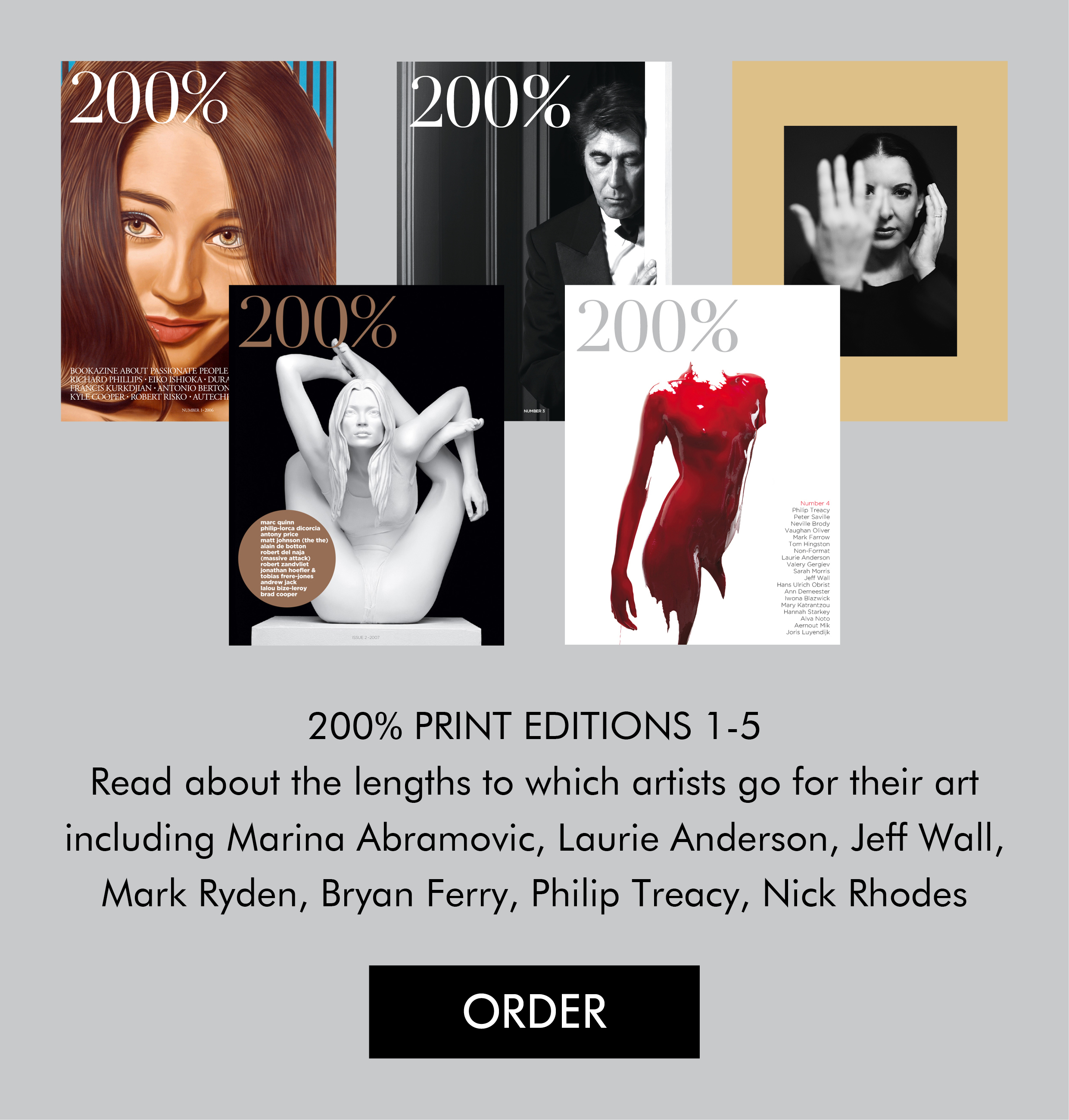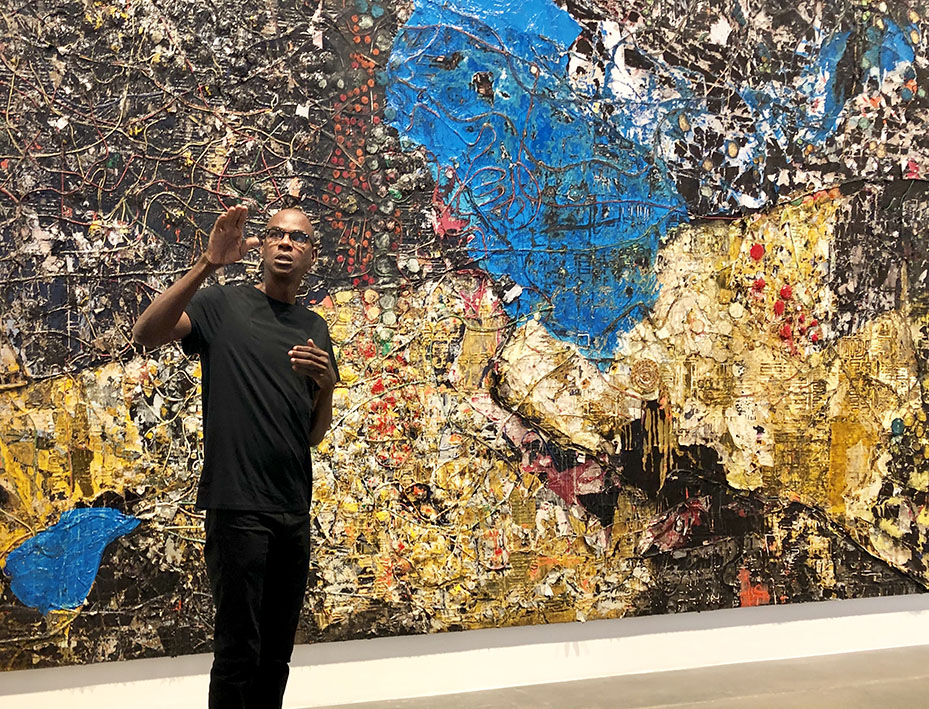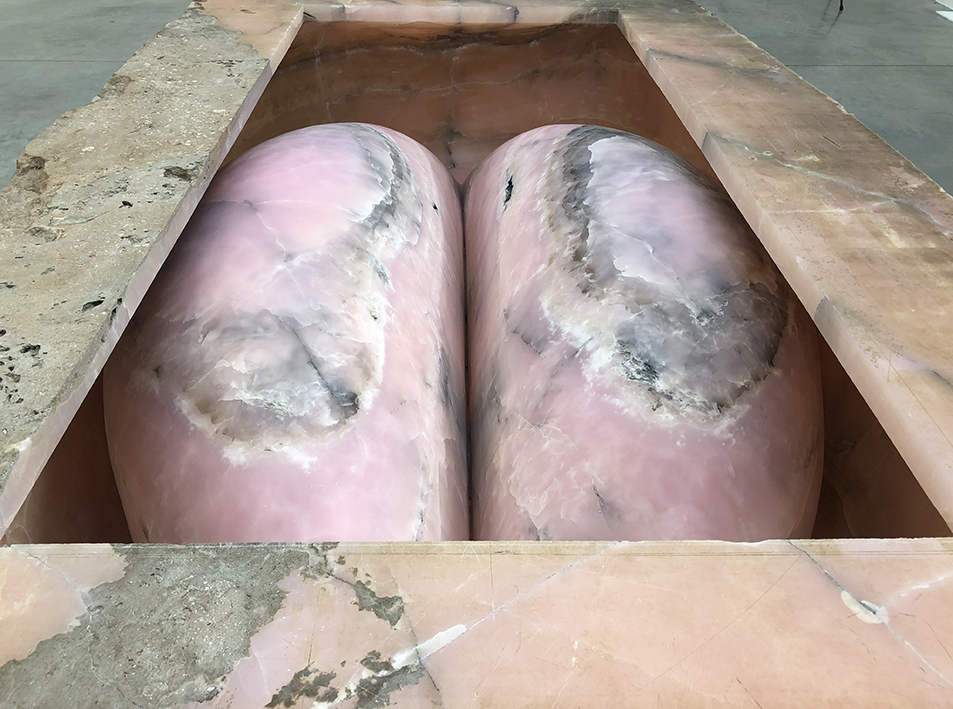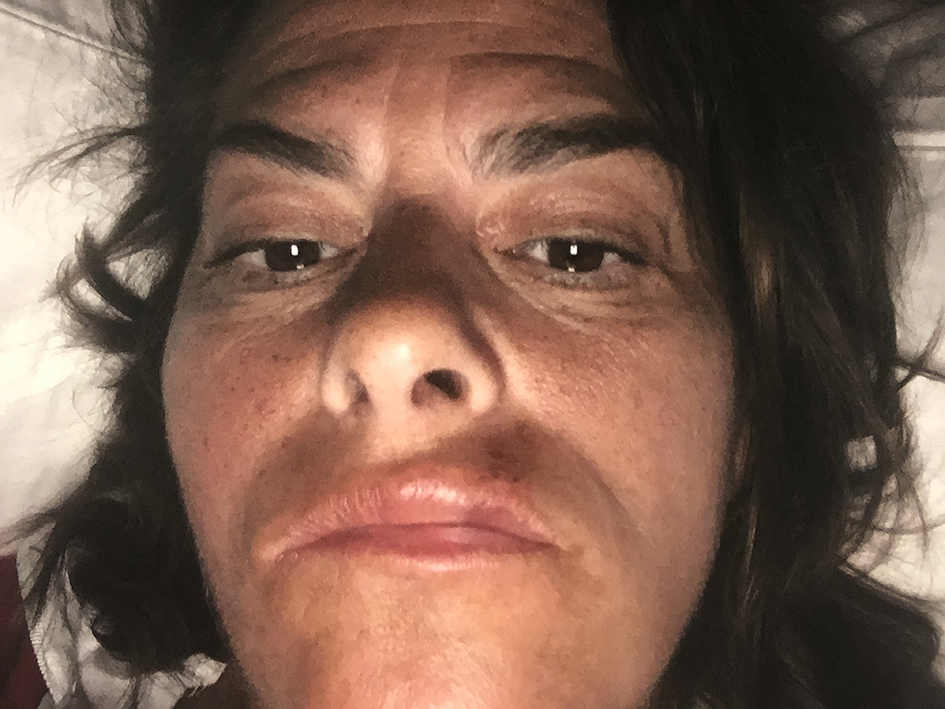 Interview
Interview
Graham Gouldman doesn’t answer the door when I’m standing in front of his house in North-West London. I call his manager, saying that he is not there, and he tells me he will call Graham. Within ten minutes, the bass guitarist of 10cc arrives, profusely apologising. He tells me he was still working in the studio on some songs and had lost track of time.
At the age of 67, Gouldman is still addicted to song writing and curious to find out if he can write another classic pop song to add to his impressive list of classics that he has already written for others. He penned ‘No Milk Today’ for Herman and Hermits, ‘Look Through Any Window’ and ‘Bus Stop’ for the Hollies, and ‘For your Love’ and ‘Heart Full Of Soul’ for the Yardsbirds. Also, in collaboration with Eric Stewart, he wrote 10cc’s biggest hits, including, ‘I’m not in Love’, ‘Wall Street Shuffle’, ‘Art for Art’s Sake’, ‘The Things We Do For Love’ and ‘Dreadlock Holiday’. It’s a back catalogue that would make many musicians decide to live off their royalties and spend the rest of their life on a Caribbean island, which Gouldman sings about in their eponymous hit song.
Gouldman’s career can be divided into four different song writing periods. In the 1960s, he wrote for The Yardbirds and The Hollies. This was followed by the 10cc era that, primarily, consisted of two diverse writing teams; Kevin Godley and Lol Creme wrote more experimental songs containing witty and clever lyrics, whereas Gouldman and Eric Stewart wrote the band’s more commercial songs. In the 1980s, Gouldman formed Wax with Andrew Gold. Since then, he has released two solo albums. He still performs with 10cc, as the only original member, as he still loves to play.
When I sit with the Mancunian in his living room, he makes an energetic impression and talks infectiously about song writing. We discussed his style of song writing, a songwriter’s ‘flow’, and whether a songwriter’s character is reflected in his songs.
200%: Paul McCartney writes meaningful lyrics about life’s positive aspects that, according to some, is more difficult than writing prose about dramatic events. Is it your intent to write lyrics that are uplifting that focus on the positive aspect of life?
Graham Gouldman: You write about what’s happening to you at the time. Over the last years, a lot of positive things happened to me that is reflected, for instance, on my album ‘Love and Work’. It was only when I finished the album that I thought about it [a lot of positive things happened to me]; two songs specifically reflect this. One is about my wife, Ariella, which is quite humorous, with a basis in fact, and the other is ‘Memory Lane’ – a song that resulted from a trip I took with Ariella to Manchester to show her where I grew up. When we returned to London, as we had such a lovely day, which was so uplifting, I wrote that song as an expression of the day’s experience.
The baby on the cover of that album, which was designed by the late Storm Thorgenson, represents new life, but the rocking horse is an old rocker – that’s me. It represents me and my new life as in where I’m at now.
200%: So, the songs and artwork are a reflection of what’s occurring in your life?
GG: Yes, although it might not happen immediately. I wrote a song about my dad with Andrew Gold called ‘Ready To Go Home’ as to how his passing away affected me, but it was written four years after he died. Not everything is written immediately; sometimes, something traumatic like that needs to mature before it can be expressed. A lot of the time, though, you don’t have to experience certain things to imagine them and then write about them. If it’s convincing then you have done your job.
200%: Do you think if a songwriter tends to write more about positive or negative aspects of life that it is, also, a reflection of his character and his outlook on life?
GG: I think so. You can look at a body of work and you learn something about the songwriter’s personality. Take McCartney, he has been writing songs for decades; eventually, like anything, your character will show through. Lyrically, he tends to write about positive things, like in ‘Penny Lane’. Although, he also wrote one of the saddest songs of all time, ‘Yesterday’, and a song like ‘Helter Skelter’ is no laughing matter.
200%: Do you think that the humour in your work has changed over the years?|
GG: I still love the same type of humour as I always did. Now, it’s probably more subtle. I like wordplay. On the ‘Love and Work’ album there are no funny songs but there are some funny lines, like in ‘Ariella’: “I thought she ordered Korma but she went for something warmer”. On our first date, I went with Ariella to a curry place. She didn’t actually order a Korma, but it’s ok to say. In the song I sang, “I’m going for the Jalfrezi” and I think it’s nice to use words that are a bit unusual. It fitted nicely with the whole Indian food idea.
200%: In the title of your album, ‘Love and Work’, the love is clearly there with songs about your loved ones, such as your wife and your late-friend Andrew Gold. For the work element, are there songs that are about 10cc – a substantial part of your working life?
GG: I don’t think there is any actual reference to it in the lyrics. There is, perhaps, greater reference to my 1960s period in terms of the song writing in the way that I used to write, pre-10cc. I wanted all the songs to be very direct so that you understand the melodies immediately. A lot of the material just started with me and the guitar as I wanted them to sound good with just a voice and a guitar. Whereas, with 10cc, it was almost the opposite; we had our own studio and we could have any instrument we wanted. With the writing, Eric would always play keyboards and I played guitar – there was a much fuller sound.
If it’s just yourself and a guitar, the music is more stripped down, and the melodies have to be clean, right from the start. For that album I wanted to write songs that you would get right away. When you hear the Canadian singer-songwriter, Ron Sexsmith, as soon as he starts singing, the conveyance is immediate, you got it right away and I’ve always liked that. I try to do that as well. I don’t want to say “listen to it three or four times and then you’ll get it”, I want you to get it as it’s happening.
I also love performing, which is very stimulating for song writing. The riff to ‘Ariella’ was born at a sound check. I played it there for the first time and we kept playing it. It was driving me mad and eventually it found a home.
200%: I wanted to ask you something about the flow of song writing. In the beginning of the 1970s, the 10cc hit songs flowed one after the other, but gradually came to a halt in the 1980s. When you were struggling to write, did you consider using an unworked idea from the 1970s hits period?
GG: No, that doesn’t work. For some reason, things reach their sell by date. An idea, a concept or a style of song goes in and out of fashion. Sometimes, things can come back, like the Daft Punk album ‘Random Access Memories’. That record could have been made in the 1970s. I like the style of it, the songs – I think it is very good.
I don’t know of anyone in pop music who has been able to consistently, however good they are, write hit songs after hit song. Even the greatest songwriters go out of fashion and, then, they might come back.
Also, at a certain point in pop music, we became used to a type of music, and we have had enough of that. A good example is the Punk Period when everything that was made before was blown away. Change is good. I never said that Punk-music is good, though, but the change is good. Now, the big thing is electronic, dance music, but lyrics don’t mean very much, they seem very generic. I’ve always believed that you should do what you do best and keep doing it. If you love your work, keep doing it and good things will happen. I always loved the writing, making a demo or making the record, I love playing on records and producing – I’ve got no complaints really [laughs].
Written by Thierry Somers. Artwork by Deborah Azzopardi, ‘I’m Not in Love’, 2013, Courtesy The Cynthia Corbett Gallery and Graham Gouldman.










